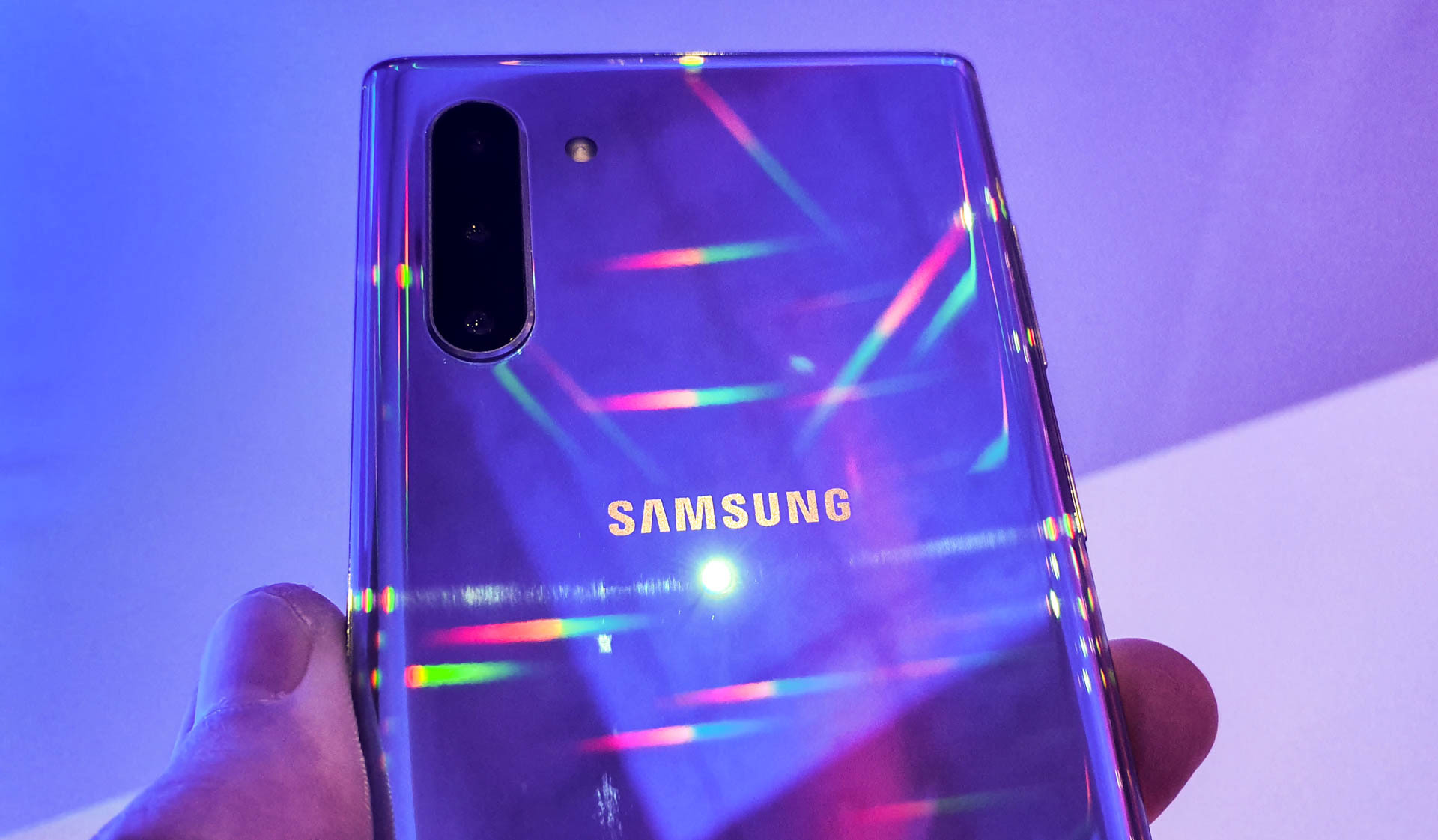Activision won’t include loot boxes in Modern Warfare
 The good old loot box pushback continues. Activision has announced that it won’t introduce the feature in Call of Duty: Modern Warfare. Players were pretty upset when rumours about possible loot box features in the game arose. Why? Well, loot boxes could change the mechanic of the game from play to win to pay to win. Much like a capitalist system, that means that players who have more money to spend have an upper hand. This system was introduced in 2014 with Infinity Ward’s Advanced Warfare, and players were up in arms. It has become a controversial topic in the gaming world — especially when the system is implemented in AAA games that players already pay full price for. Loot box systems are more widely accepted when it comes to free-to-play games like Fortnite and Paladins. But in these cases the boxes typically only supply skins and in-game currency — to appeal to the vanity in each of us. Luckily, we won’t see loot boxes in Modern Warfare any time soon, thanks to clarity from the development team.
The good old loot box pushback continues. Activision has announced that it won’t introduce the feature in Call of Duty: Modern Warfare. Players were pretty upset when rumours about possible loot box features in the game arose. Why? Well, loot boxes could change the mechanic of the game from play to win to pay to win. Much like a capitalist system, that means that players who have more money to spend have an upper hand. This system was introduced in 2014 with Infinity Ward’s Advanced Warfare, and players were up in arms. It has become a controversial topic in the gaming world — especially when the system is implemented in AAA games that players already pay full price for. Loot box systems are more widely accepted when it comes to free-to-play games like Fortnite and Paladins. But in these cases the boxes typically only supply skins and in-game currency — to appeal to the vanity in each of us. Luckily, we won’t see loot boxes in Modern Warfare any time soon, thanks to clarity from the development team.
Source: Wired
Still using Windows 7? You’ll need to update it soon
 It seems sad to admit, but Windows 7 has almost reached the end of its life. We all know that one person who just won’t let go of Windows 7 (just as many did with XP). But the time has almost come to make the big jump. Windows 7 will stop receiving security updates from January 2020, and Microsoft has started sending out reminders to Windows 7 users. “We are now extending the notifications discussed below to Windows 7 Pro devices to ensure our customers are aware of the end of support for Windows 7 and can take action to remain productive and secure,” Microsoft said in a statement. They continued to warn that “devices that are domain-joined as a part of an IT-managed infrastructure will not receive the notifications”. This means that users need to try and stay updated even though they might be on a domain network. Luckily this doesn’t necessarily come as a shock — we’ve known about this since March of this year. It’s just getting very real, very fast. Y’all better update to Windows 10 before 14 January of next year.
It seems sad to admit, but Windows 7 has almost reached the end of its life. We all know that one person who just won’t let go of Windows 7 (just as many did with XP). But the time has almost come to make the big jump. Windows 7 will stop receiving security updates from January 2020, and Microsoft has started sending out reminders to Windows 7 users. “We are now extending the notifications discussed below to Windows 7 Pro devices to ensure our customers are aware of the end of support for Windows 7 and can take action to remain productive and secure,” Microsoft said in a statement. They continued to warn that “devices that are domain-joined as a part of an IT-managed infrastructure will not receive the notifications”. This means that users need to try and stay updated even though they might be on a domain network. Luckily this doesn’t necessarily come as a shock — we’ve known about this since March of this year. It’s just getting very real, very fast. Y’all better update to Windows 10 before 14 January of next year.
Source: Microsoft blog via Tech Radar
Samsung has lost almost all its market share in China
 Although it may feel like Huawei is about to lose out on its western-world market with its loss of Google Mobile Services, Samsung’s struggling in the east. The biggest smartphone maker in the world (with 20% market share), has lost almost all of its Chinese customers. According to Forbes, it went from holding a 12.8% share in China to less than one percent in 2018. Which means that the Chinese aren’t as stoked on the Korean company’s tech as they are with their own. In the meantime, Huawei, Vivo, Oppo and Xiaomi continue to dominate in the country. Probs because these handsets are made locally and are far cheaper to buy and maintain. The Forbes report reads: “Huawei’s, Oppo’s, and Vivo’s market shares almost tripled over the same period — collectively holding close to 67% of the Chinese smartphone market. And there’s Xiaomi with a steady market share of roughly 13%.” Apple has also lost a significant part of its Chinese market to local phones, but continues to be the higher-end choice of upper-class Chinese.
Although it may feel like Huawei is about to lose out on its western-world market with its loss of Google Mobile Services, Samsung’s struggling in the east. The biggest smartphone maker in the world (with 20% market share), has lost almost all of its Chinese customers. According to Forbes, it went from holding a 12.8% share in China to less than one percent in 2018. Which means that the Chinese aren’t as stoked on the Korean company’s tech as they are with their own. In the meantime, Huawei, Vivo, Oppo and Xiaomi continue to dominate in the country. Probs because these handsets are made locally and are far cheaper to buy and maintain. The Forbes report reads: “Huawei’s, Oppo’s, and Vivo’s market shares almost tripled over the same period — collectively holding close to 67% of the Chinese smartphone market. And there’s Xiaomi with a steady market share of roughly 13%.” Apple has also lost a significant part of its Chinese market to local phones, but continues to be the higher-end choice of upper-class Chinese.
Source: Forbes
Someone has cracked Ken Thomson’s password
 Ken Thompson, the co-creator of the UNIX operating system, left a bunch of files along with his BSD-based system 39 years ago. Among these files was a password. One that hasn’t been cracked… until today. BSD is one of the original versions of UNIX, an OS which was used by various computer science pioneers back then. This month, technologist Leah Neukirchen reported finding a source tree for BSD version 3, and successfully cracking passwords of many of computing’s early pioneers. Except for Ken Thomson’s password. In comes a dude called Nigel Williams, who managed to crack Thomson’s password. “It took 4+ days on an AMD Radeon Vega64 running hashcat at about 930MH/s during that time (those familiar know the hash-rate fluctuates and slows down towards the end),” Williams said in a dev forum. Thompson’s password has been revealed as “p/q2-q4!a” — a notation in chess to describe the move “pawn from Queen’s 2 to Queen’s 4.” Checkmate?
Ken Thompson, the co-creator of the UNIX operating system, left a bunch of files along with his BSD-based system 39 years ago. Among these files was a password. One that hasn’t been cracked… until today. BSD is one of the original versions of UNIX, an OS which was used by various computer science pioneers back then. This month, technologist Leah Neukirchen reported finding a source tree for BSD version 3, and successfully cracking passwords of many of computing’s early pioneers. Except for Ken Thomson’s password. In comes a dude called Nigel Williams, who managed to crack Thomson’s password. “It took 4+ days on an AMD Radeon Vega64 running hashcat at about 930MH/s during that time (those familiar know the hash-rate fluctuates and slows down towards the end),” Williams said in a dev forum. Thompson’s password has been revealed as “p/q2-q4!a” — a notation in chess to describe the move “pawn from Queen’s 2 to Queen’s 4.” Checkmate?
Source: The Register




